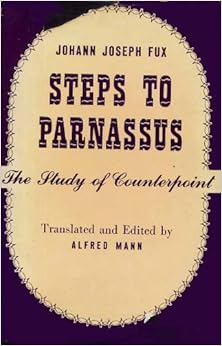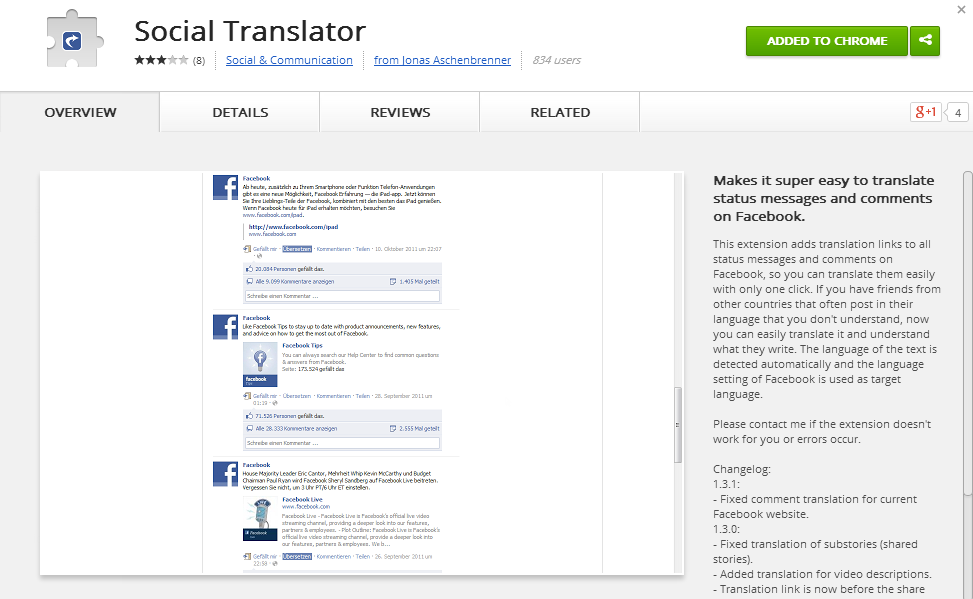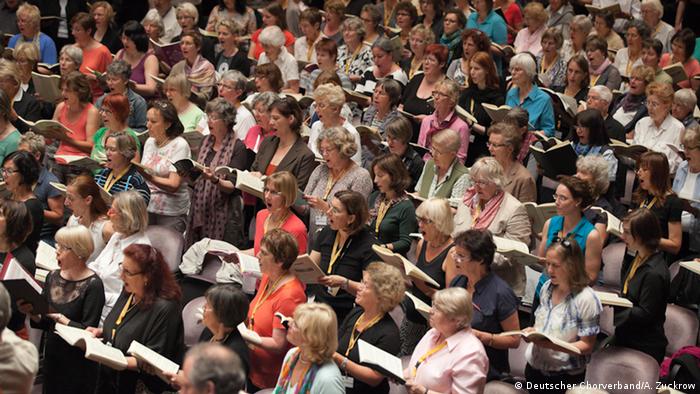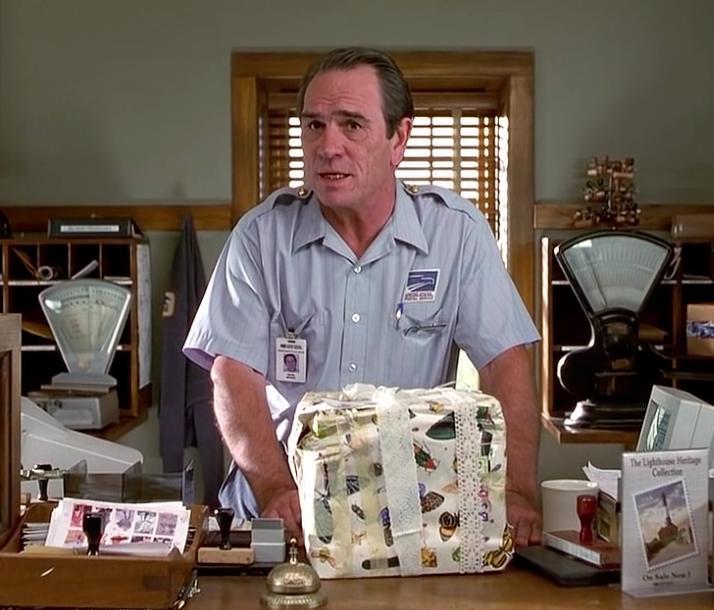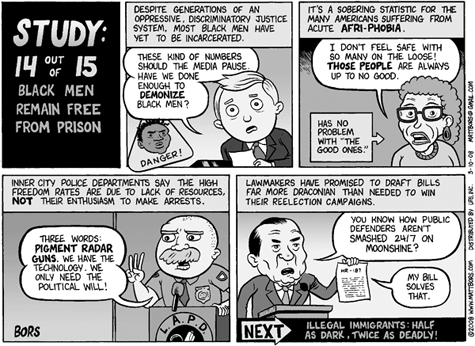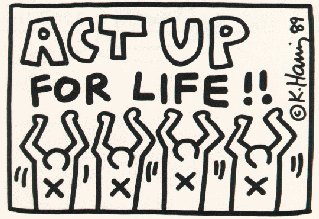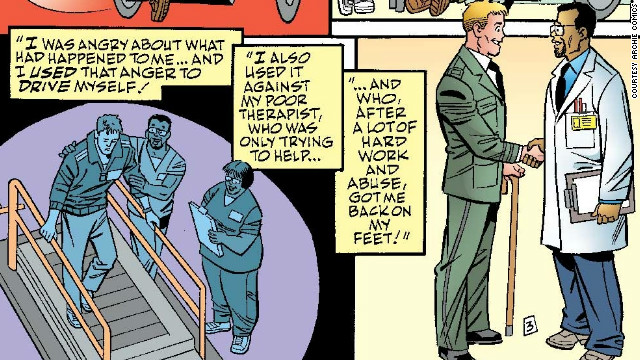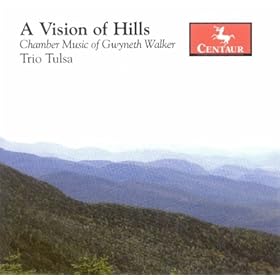
I battled computers and internet providers yesterday as I attempted to write my daily blog and do some church work. There are so many layers to consider when a computer balks: the particular computer being slow, your wifi modem going on the blink, the internet service provider slowing down, the internet itself being slow. And those are just the basics.
At any rate I did manage my tasks. Sheesh. I also found myself at crazy Meijer the Saturday before New Years Eve as I did on the Saturday before Christmas. I must be losing my mind.
Perusing an old copy of American Organist (the American Guild of Organist mag) this morning, I was amused to find evidence that there are people in the world more anachronistic than me. I think of myself as anachronistic because I am word based (love to read and write), love the arts of the past, and am curious enough to use reference tools to find an answer to a question.

There were letters in this issue about the tired old topic of the dire state of church music. People whose skills are less and less called for (Hey, I’m one) are forced to examine carefully why they do what they do. Or they would be if they didn’t deny that the world is wrong in its eclecticism and they are right to hold up a shining light of truth and beauty in the music they deem canonic.

Pathetic.

Yesterday I was listening to Quadrophenia by Pete Townsend.

I was marveling at the skill with which he writes and records music. I noticed there were long passages of pure instrumental music not based on the tune of a song or improvised. It struck me that it was goood music. I did wonder if it was simply the familiarity I have for the music. Then I realized that knowing music is part of how it works. Also there are many ways to spin a song, a melody, or a symphony.

I think Quadrophenia holds together musically (and dramatically) better than Tommy and that’s saying something since Tommy is pretty good.

There’s so much music available to us these days that it seems particularly narrow to read the rather snobby comments in the AGO mag. Life and our relationship with music and the arts are constantly always changing. One can stick one’s head in the sand and bemoan it or one can seek ways to deal with it.

1. Don’t Trash Colombia’s Democracy – NYTimes.com
The president of Bogata gives a fascinating look at a current crisis in Columbia. This is one of the reasons I admire and read the New York Times.
2. If You’re ’Appy and You Know It – NYTimes.com
This is a kind of goofy article about an American visiting a school class in Paris. But I like this Rumi quote that was in it.
“As we work, live and love in today’s interconnected and interdependent world, we need to remember that developing the ability to shift perspectives is essential. With this in mind, I’ll share this quotation:“Out beyond ideas of wrong-doing and right-doing, there is a field, I’ll meet you there.” 12th century Persian poet Rumi”
3. ‘See It Loud,’ at the National Academy Museum – NYTimes.com
This article makes me want to see some of the pictures denigrated and make up my own mind.
4. “Degenerate Art” Opens at Neue Galerie in the Spring – NYTimes.com
Art that hung on Hitler’s mantel versus truly great stuff. Interesting contrast.
5.Infection Resulting in Amputation Raises Questions About Asian Immigrants’ IV Use –
This story blew me away. Koreans use IVs like over the counter remedies. Some pay an extreme price. Gruesome.




